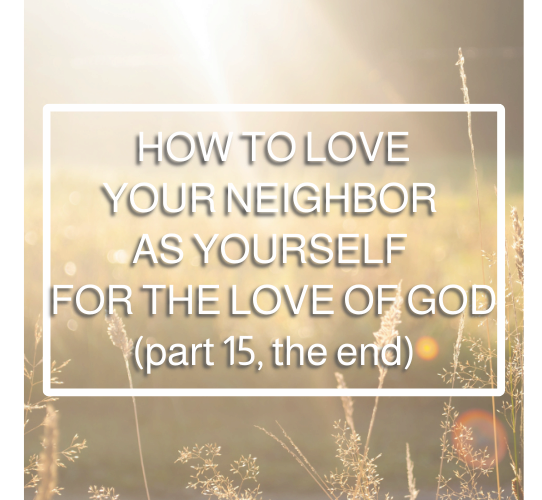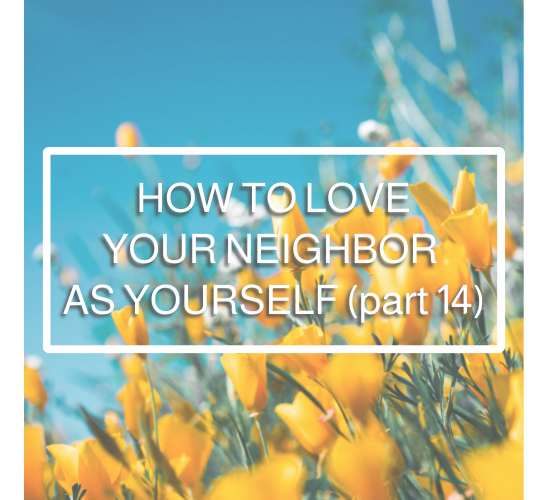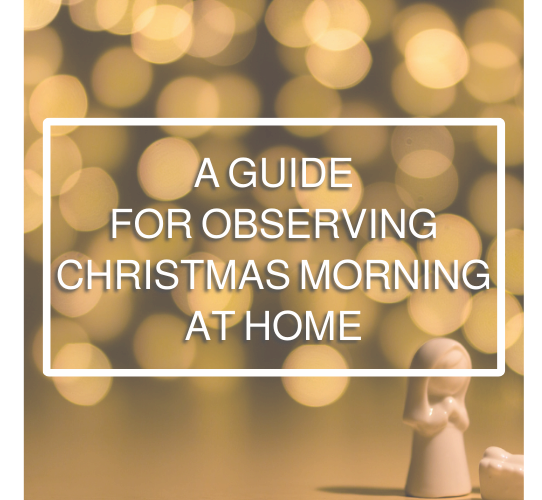Marching to Zion Part 10: Friendly Fire
Read time: 4m 30s
Intro: God brought Israel out of Egypt to the Promised Land—just like He brings us out of sin and death and to the Kingdom of His Beloved Son. But Israel didn’t want to go in! In consequence, they turned and wandered the wilderness for “many days.”
This is what happens next: read Deuteronomy 2:1-23. [*note: this devotional is longer because of the necessary caveats and clarifications.]
God now turns a new generation toward the Promised Land (“your little ones, who you said would become prey!” 1:39). But, first, He lists people they are “not to contend with.”
“Do not contend with the people of Esau.” (i.e. Edomites, 2:4-8)
“Do not contend with the people of Lot.” (i.e. Moabites, 2:9-12)
“Do not contend with the other people of Lot.” (i.e. Ammonites, 2:18-23)
What are we to make of this? Remember, the overall command to Israel is: “Go in and take possession of the land.” (1:8) And the next thing God says to them is, “Begin to take possession, and contend with [Sihon the Amorite king] in battle.” (2:24) But here at the outset, at the beginning, God emphatically wants to make sure that they know who the enemy is and who the enemy isn’t.
This is something that God’s people have not been super-great at. That’s what this text is about: the fact that we do badly at this. And this is a big deal.
In Extreme Ownership, Navy Seal officer Jocko Willink reveals that the number one concern of every officer in every military situation is to avoid friendly fire. You would think the first objective was the mission, but no: avoid friendly fire. Being a soldier means putting yourself in harm’s way. But the harm should come from the enemy, not those fighting alongside you against the enemy.
Who’s the enemy for us? Do we know?
First, let’s establish this: we have enemies. We are not a hippy-commune raising sheep and weed and planting flowers in cannons.
Second, let’s be clear: our enemies are “not flesh and blood, but spiritual forces of wickedness.” (Eph 6:12) We struggle with lies and schemes (1 Thess 3:5; Eph 6:11; 2 Cor 2:11). And we struggle with worldly temptations: “the desires of the flesh and the desires of the eyes and pride of life.” (1 John 2:15) And we struggle with our own sin-nature. (James 1:14)
Third, let’s further clarify: even those people (“flesh and blood”) who are antagonistic towards us—i.e. they appear to be our enemies—are precisely those people we ought to love! “Love your enemies.” (Mat 5:44) For Christians, if you don’t like a person or group, then that means that you must go out of your way to understand them, serve and love them, and help them see Jesus! (Mat 5:48)
Sins, temptations, and lies: these are our enemies. These are the things standing between us and a more powerful experience of Jesus in our lives and in the world because of us.
Not other Christian denominations or movements.
Not Christian organizations.
Not well-meaning secular non-profits who provide food, water, care, dignity, and justice.
Not well-meaning secular for-profits who work to improve people’s lives: medical workers, educators, writers, artists, or even politicians.
"The one who is not against us is for us." -Jesus (Mar 9:40)
Now, [caveat #1!] this doesn’t mean that we think these groups are great. We can disagree with them on what they’re doing, why they’re doing it, and how they’re doing it. Okay. But they’re not our enemy.
And [caveat #2!] this isn’t to say that our true enemies won’t take advantage of these groups. Satan’s been known to quote Scripture and appear angelic, if you can believe it. (Mat 4:5-6; 2 Cor 11:14) We’re not naïve. We don't need to support these groups. It just means that they are not the enemy.
The enemy is the enemy.
Every strategist knows that if you can get your opponents fighting against each other, your work becomes a lot easier. And if your enemies get smart and work together, you’re in trouble.
Here’s why this is so important: Who are you going to “contend with”? Who are you going to spend your time, energy, attention, and resources, on contending against? We do have enemies: don’t pretend you don’t. But we want to have the right enemies. We want to have God’s enemies.
Of course, it’s easier to fight people who aren’t motivated to fight back. It’s easier to be a bully. It’ll take you five-seconds to find websites, “newsletters,” and “ministries” devoted to “exposing” or “discerning” dangers “in the church.” Bullies. (And do you really want to be critiquing Jesus' Bride?)
The first novel ever, Don Quixote, is known for its eponymous comic “hero” who mistakes windmills for dragons. Don Quixote challenges windmills to fight, in fine, flowery language. He girds up his courage to charge. He shatters his lance on the wood. He is a joke. And a nuisance. But then, he’s never out of work.
Christians, like Israel here in Deuteronomy 2, can lose sight of who the enemy is. What sins, temptations, and lies are out there in the Kingdom of Jesus pushing back against us being able to enjoy the peace and love He has for us? Sins, temptations, and lies: these are our enemies.
We have enemies. There are dragons in the castles meant for us. (Rom 16:20) So, first, wake up; be contentious! But second, be careful not to bully non-combatants, or worse, the enemies of our enemies. Avoid friendly fire.
“Fight the good fight of the faith. Take hold of the eternal life to which you were called." –Paul (1 Timothy 6:12)+++GOOD ARTICLE: Who are you going to sin with? by Jared Wilson+++
Photo by Dino Reichmuth on Unsplash











